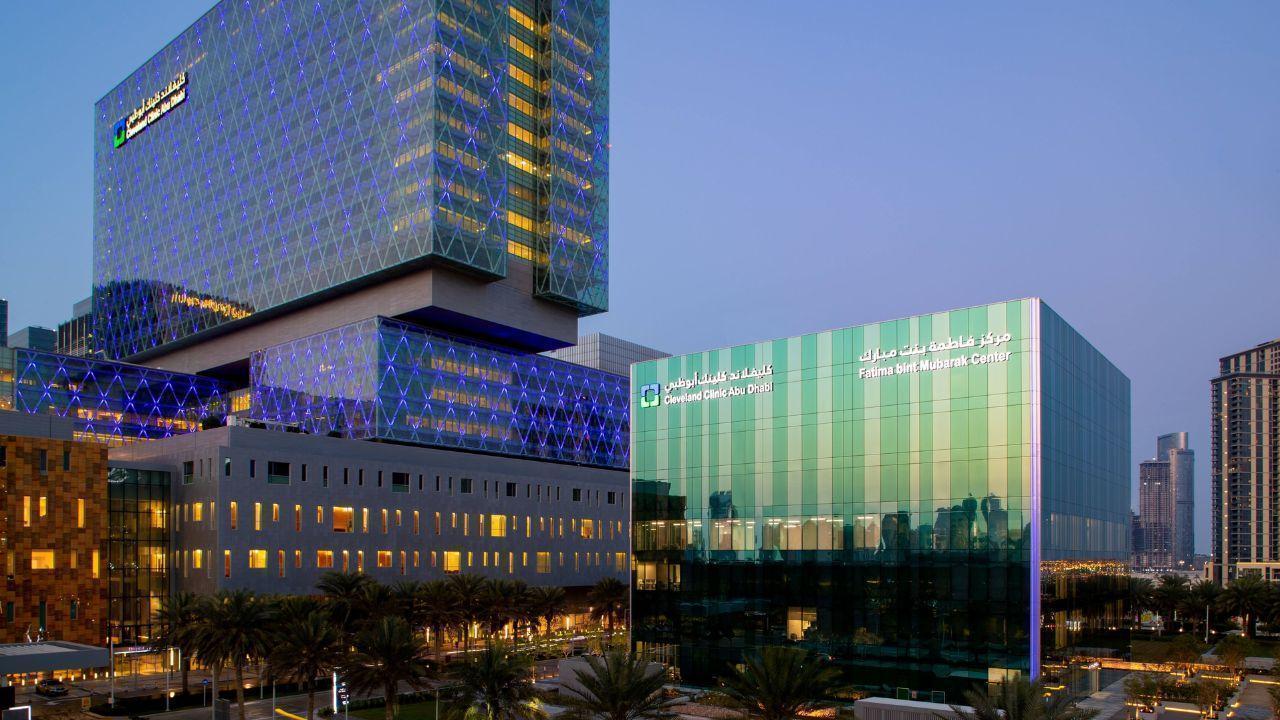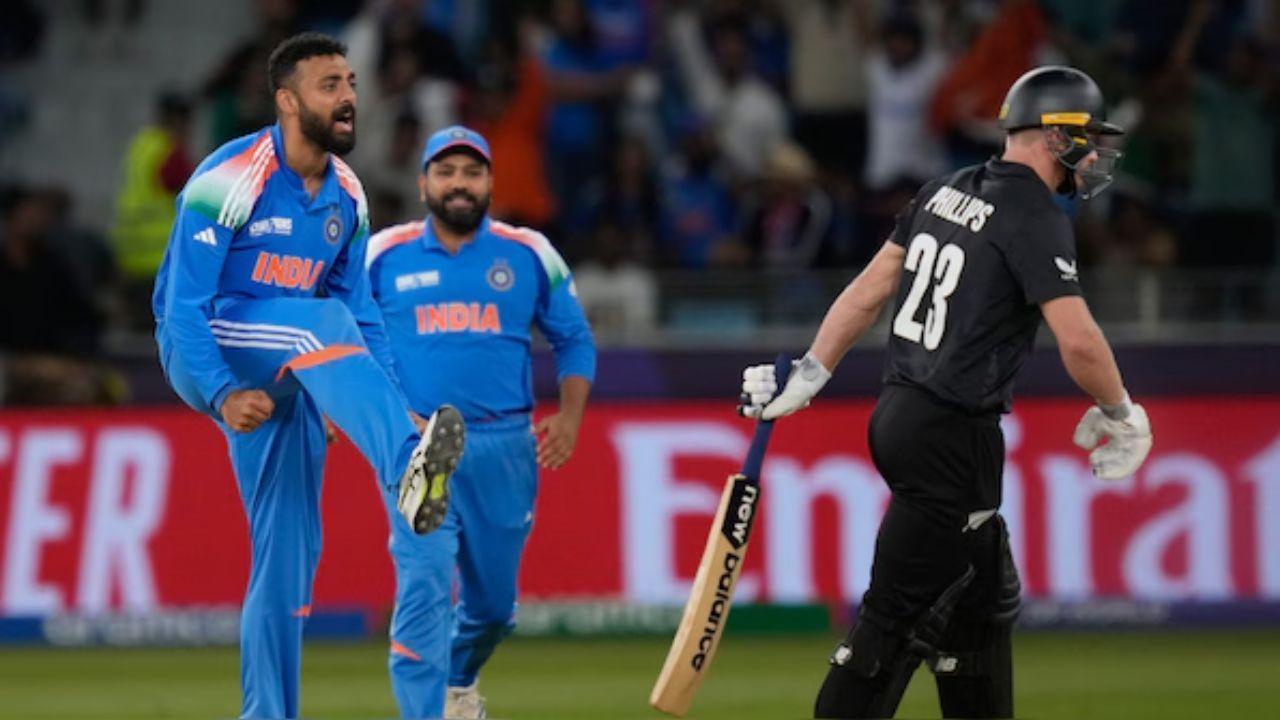
From the thrilling moments of the World Cup to the electrifying energy of the Olympics, sports impact the global economy in profound ways. While they’re widely cherished for their entertainment value, sports contribute significantly to economic growth and development worldwide. The sports industry generates billions in revenue, supports a range of jobs, and stimulates sectors like tourism, media, and infrastructure development. Let’s dive deeper into how sports influence the global economy, exploring the various ways these events and organizations shape both local and international markets.
Sports events and organizations fuel economic growth on a massive scale. Beyond the excitement they generate for fans, events such as the Super Bowl, Olympics, and FIFA World Cup play a crucial role in economic expansion by bringing substantial income to host cities and countries. In these instances, the impact of sports on global economy is seen through revenue streams that touch nearly every sector, from hospitality and retail to transportation and technology. As stadiums fill and fans travel, local businesses benefit immensely, gaining new customers and increasing their profits. These large-scale events also enhance the global profile of host locations, attracting long-term tourism and investment.
Tourism is one of the most prominent ways that sports impact the global economy. Major sporting events draw in millions of fans and participants, fueling demand for hotels, restaurants, and local attractions. For instance, the 2018 FIFA World Cup in Russia generated over $14 billion for the country’s economy, with tourism being a major contributor. Similar patterns are seen with events like the Olympics, where cities like Tokyo invested heavily to accommodate international tourists, creating a lasting boost for the local economy. This influx of visitors benefits not only hotels and eateries but also creates new revenue streams for transport systems and tour operators, cementing sports as a powerful driver of tourism worldwide.
The sports industry supports millions of jobs around the globe, making it a significant employer and a catalyst for economic well-being. From professional athletes and coaches to event organizers, marketing experts, and stadium staff, the jobs generated within sports are diverse. Additionally, the industry indirectly supports sectors like advertising, media, and merchandise production, creating even more employment opportunities. In the European Union alone, sports contribute to over 2 million jobs, demonstrating the impact of sports on global economy through employment. These roles don’t just exist within professional sports; amateur and youth sports programs also generate local jobs, further enriching communities and providing economic stability.

Hosting major sports events often requires significant investments in infrastructure, which have long-lasting economic benefits. Cities that host large-scale events, such as the Olympics or the World Cup, frequently build new stadiums, upgrade transportation systems, and improve public spaces. These developments are often designed to accommodate both the influx of visitors during the event and the residents who will benefit from improved facilities long afterward. For example, Brazil invested billions to host the 2014 FIFA World Cup, resulting in infrastructure enhancements that continued to serve locals long after the event concluded. This illustrates how the impact of sports on global economy goes beyond immediate revenue, as these infrastructure improvements lead to increased productivity and quality of life for citizens.
In today’s digital age, media and broadcasting rights are vital revenue streams for sports. Major events like the Super Bowl and the Olympics attract billions of viewers worldwide, and the value of broadcasting rights reflects this high demand. Leagues like the NFL and organizations like the International Olympic Committee (IOC) earn billions through broadcasting contracts, which, in turn, generates economic activity across media companies, advertisers, and technology providers. The digital expansion of sports viewership has only amplified this effect, as platforms like streaming services and social media bring sports to younger, global audiences. The impact of sports on global economy is therefore magnified by the media, allowing even local events to reach an international audience and drive new income streams for leagues and teams.
Sponsorships and partnerships have become essential for the sports industry, boosting economic activity on a global scale. Major brands like Nike, Coca-Cola, and Adidas invest billions in aligning themselves with high-profile teams, athletes, and events. This creates a powerful synergy between brands and sports, leading to increased visibility, sales, and brand loyalty across large audiences. For instance, the sports sponsorship market was estimated at over $60 billion in recent years, highlighting how brand partnerships contribute significantly to the impact of sports on global economy. This partnership also impacts other sectors, as companies manufacture merchandise, advertise through digital and traditional channels, and engage with fans, creating a ripple effect that drives economic growth.
While mega-events garner global attention, community sports and local leagues are just as essential in showcasing the impact of sports on global economy. Small-town sports leagues, youth tournaments, and regional marathons all contribute to local economies by drawing in visitors, supporting small businesses, and fostering a sense of community pride. Restaurants, hotels, and local stores often see increased revenue from these events, especially when families travel to support their teams or athletes. Youth sports leagues, in particular, support local businesses and provide positive economic returns through ticket sales, equipment purchases, and even rental of community facilities. This local impact highlights that sports stimulate the economy from the grassroots level, enriching cities and towns around the world.
Mega-events like the Olympics or FIFA World Cup have a unique economic ripple effect, influencing the global economy in ways both beneficial and complex. Hosting countries often invest heavily in infrastructure, marketing, and security to meet the high demands of these global audiences. While some cities see substantial returns, others may face economic challenges, particularly when event facilities go underused post-event. For instance, the 2008 Beijing Olympics gave China a tremendous tourism and infrastructure boost, while Greece struggled financially after hosting the 2004 Olympics. Thus, the impact of sports on global economy through these mega-events is multi-faceted, offering both opportunities and challenges that require careful financial planning to ensure lasting economic benefits.
The globalization of sports has transformed it into a cultural and economic phenomenon that transcends borders. International leagues and teams like Manchester United and FC Barcelona have millions of fans worldwide, generating income from merchandise, tickets, and international games. With events now broadcast globally and teams reaching fans in new regions, the impact of sports on global economy is evident as revenue flows between countries, promoting economic interconnectivity. Additionally, the global presence of these leagues fuels cross-border sponsorships, advertising, and cultural exchange, reinforcing sports’ role as a powerful force in the global economy.
The impact of sports on the global economy is huge and goes way beyond just playing games. From big tournaments like the Olympics and the World Cup, sports bring in money, create jobs, and help local businesses grow. The impact of sports on the global economy is also seen in tourism, as fans from around the world travel to see their favorite teams, filling up hotels and restaurants and bringing money into cities. The impact of sports on the global economy can also be seen in jobs, as it hires coaches, players, media, and people in advertising. Countries build new stadiums and better roads to support fans, which helps the economy. The impact of sports on the global economy is also seen in media and sponsorships, as sports are shown on TV and companies use sports to sell their products. Even community sports leagues show the impact of sports on the global economy by helping small businesses and keeping fans excited.
This article on the impact of sports on the global economy is provided by DXB News Network for educational purposes. It aims to explain how sports impact the global economy and should not be taken as specific business advice. DXB News Network does not endorse any particular views mentioned here and encourages readers to explore multiple sources for a well-rounded understanding of the impact of sports on the global economy.
impact of sports on global economy, sports economy impact, global sports events and economy, sports tourism and economy, economic benefits of sports, job creation through sports, sports and infrastructure development, sports sponsorships and economy, economic ripple effect of sports, role of sports in economic growth, sports and media revenue, globalization of sports economy, sports industry and global markets, economic influence of sports, financial impact of major sports events
#trending #latest #ImpactOfSportsOnEconomy, #SportsEconomy, #GlobalSportsImpact, #SportsTourism, #EconomicBenefitsOfSports, #SportsAndJobs, #SportsInfrastructure, #SportsSponsorship, #EconomicRippleEffect, #SportsAndGrowth, #SportsMediaRevenue, #GlobalSportsEconomy, #SportsIndustry, #EconomicInfluenceOfSports, #SportsEventsEconomy #breakingnews #worldnews #headlines #topstories #globalUpdate #dxbnewsnetwork #dxbnews #dxbdnn #dxbnewsnetworkdnn #bestnewschanneldubai #bestnewschannelUAE #bestnewschannelabudhabi #bestnewschannelajman #bestnewschannelofdubai #popularnewschanneldubai

Saturday’s fight at Barclays Center, New York, ended in a majority draw as judges split scores...Read More.

Simple Daily Habits to Improve your Lifestyle and Boost Well-Being...Read More.
 Cleveland Clinic Saves Vision for Patient with Rare Fungal Sinus Infection
Cleveland Clinic Saves Vision for Patient with Rare Fungal Sinus Infection
Cleveland Clinic Abu Dhabi saves woman’s eye from rare fungal sinusitis with surgery
 India vs New Zealand Champions Trophy 2025: Varun's 5-for seals 51-run win
India vs New Zealand Champions Trophy 2025: Varun's 5-for seals 51-run win
IND vs NZ: Varun's maiden ODI five-for helps India bowl NZ out for 205, win by 51 runs
 UP Woman Facing Death in UAE: Father Seeks MEA Help, Moves Delhi HC
UP Woman Facing Death in UAE: Father Seeks MEA Help, Moves Delhi HC
Shahzadi Khan, 33, from UP's Banda, faces execution in Abu Dhabi, UAE
 Theyab bin Mohamed bin Zayed mourns the loss of Ahmed Mohamed Al Suwaidi
Theyab bin Mohamed bin Zayed mourns the loss of Ahmed Mohamed Al Suwaidi
Sheikh Theyab bin Mohamed bin Zayed offers condolences on Ahmed Al Suwaidi’s passing
 India's Possible Playing XI vs New Zealand: Two Big Changes Expected
India's Possible Playing XI vs New Zealand: Two Big Changes Expected
India may make two changes in their XI for the final Group A game vs New Zealand
Gervonta Davis says hair product burned his eyes in fight vs Roach Jr.

Saturday’s fight at Barclays Center, New York, ended in a majority draw as judges split scores
10 Simple Ways to Improve Your Daily Lifestyle

Simple Daily Habits to Improve your Lifestyle and Boost Well-Being
KKR name new captain, vice-captain for IPL 2025: "We are confident..."

Kolkata Knight Riders named Ajinkya Rahane as captain and Venkatesh Iyer as vice-captain for IPL 2025
GEMS Education plans $300M investment to drive growth in the UAE

Dubai-based school group is exploring acquisitions to expand its education network
Dubai Police arrest 9 beggars on first day of Ramadan in crackdown effort

The arrest is part of Dubai Police’s ‘Fight Begging’ campaign to curb illegal begging
IDEX and NAVDEX 2025 set new records with highest visitor numbers

Major General Pilot Faris Khalaf Al Mazrouei said the strong participation at IDEX and NAVDEX 2025 highlights the UAE’s global reputation and progress in nation
UP woman on UAE death row executed on Feb 15, MEA tells Delhi HC

MEA said India will assist her family in traveling to Abu Dhabi for last rites on March 5
Cynthia Erivo misses EGOT title after Oscars 2025 loss; full details

Cynthia Erivo lost the Best Actress Oscar at the 97th Academy Awards, missing her chance to be the youngest EGOT winner at 38 as Mikey Madison won for Anora.
Renowned Kerala Doctor Found Dead at Farmhouse in Mysterious Circumstances

A 77-year-old top kidney transplant surgeon found hanging in his farmhouse
Joe Alwyn makes rare Oscars 2025 appearance after Taylor Swift split

Joe Alwyn surprised fans with a rare red carpet appearance at the 2025 Oscars. Read more details here
3001E, 30 Floor, Aspin Commercial Tower, Sheikh Zayed Road, Dubai, UAE
+971 52 602 2429
info@dxbnewsnetwork.com
© DNN. All Rights Reserved.